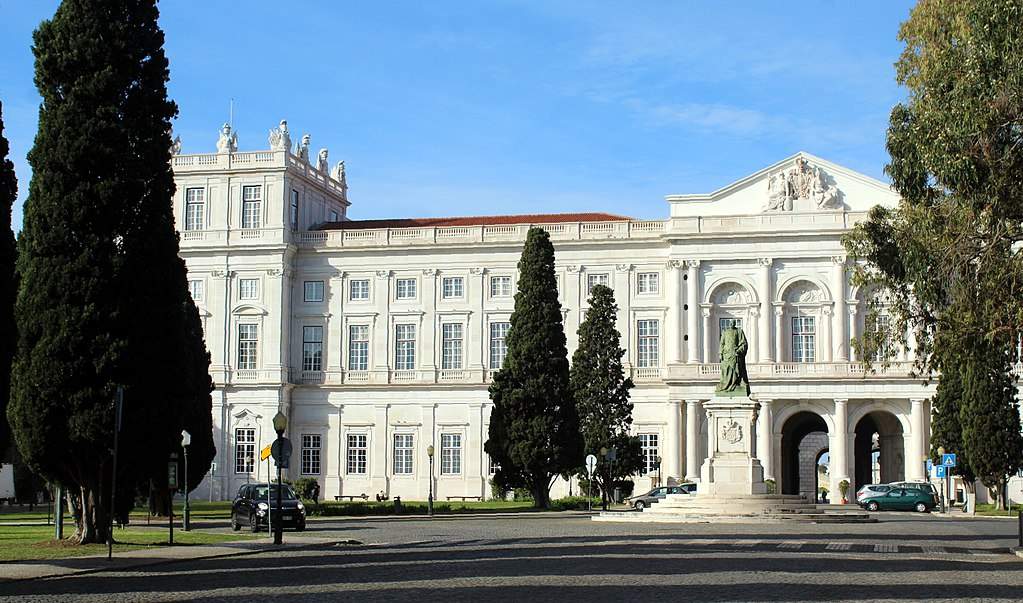It is called the "Plano de desconfinamento," or plan to leave confinement, the series of measures Portugal is beginning to take to get Portuguese people out of their homes, as the Covid-19 contagion situation in the country has markedly improved to the point where it is one of the best in Europe. After a very heavy third wave in January (which peaked in the latter part of the month with a weekly average of 1,200 infections per 100,000 inhabitants: to give an idea, in Italy the peak was 577 cases per 100.000 inhabitants, in mid-November, at the peak of the second wave, while the peak of the third wave was 385), Portugal has now managed to steadily lower the curve, with the contagion figures having been traveling around 45 cases per 100,000 inhabitants for the past 20 days (in Italy we are currently around 290).
The government headed by António Costa is therefore moving to reopenings: the deconfliction plan kicked off on April 5 with the resumption of several activities. In particular, museums, monuments, art galleries, and archaeological sites are reopened, the green light is given to schools in the second and third cycles of education (thus joining kindergartens and elementary schools that were already open), and the possibility of reopening esplanadas, or bars with outdoor spaces, is also allowed. The inter-municipal traffic ban was also removed. “I would like, once again, to sincerely thank the Portuguese people for how they have collectively managed to control this pandemic,” Costa said. “In this third wave, we have managed to evolve, with great sacrifice, great determination and great tenacity, from the days when we were the worst in the world to the situation we are in today. In Europe, only Iceland has better results.”
Yet, despite the fact that Portugal’s is actually the second best situation in Europe after Iceland’s, the government still holds up certain stakes: for example, the closure of gyms, strict rules for bars (maximum four people at a table and the requirement to keep a mask on when not eating), restrictions on entry for tourists until April 15, and the advice to avoid social times. “Avoiding contact with other people is essential,” Costa said.
However, despite the all-too-voward rules, the country plans further reopenings, and this is happening in the culture sector: the Ministry of Culture, led by Minister Graça Fonseca, has in fact scheduled the reopening of theaters, auditoriums and cinemas on April 19, but with strict rules here as well (mandatory closing at 10:30 p.m. on weekdays and 1 p.m. on weekends and holidays). The ministry also let it be known that it will carry out “pilot tests” to establish new guidelines and will reserve the right to do diagnostic tests on spectators of events. Finally, the ministries of culture and economy let it be known that they are working on additional support measures for the performance and festival sector.
Pictured: the Palácio Nacional da Ajuda, headquarters of the Portuguese Ministry of Culture.
 |
| Portugal reopens museums, cinemas, theaters, outdoor bars. But with strict rules |
Warning: the translation into English of the original Italian article was created using automatic tools. We undertake to review all articles, but we do not guarantee the total absence of inaccuracies in the translation due to the program. You can find the original by clicking on the ITA button. If you find any mistake,please contact us.